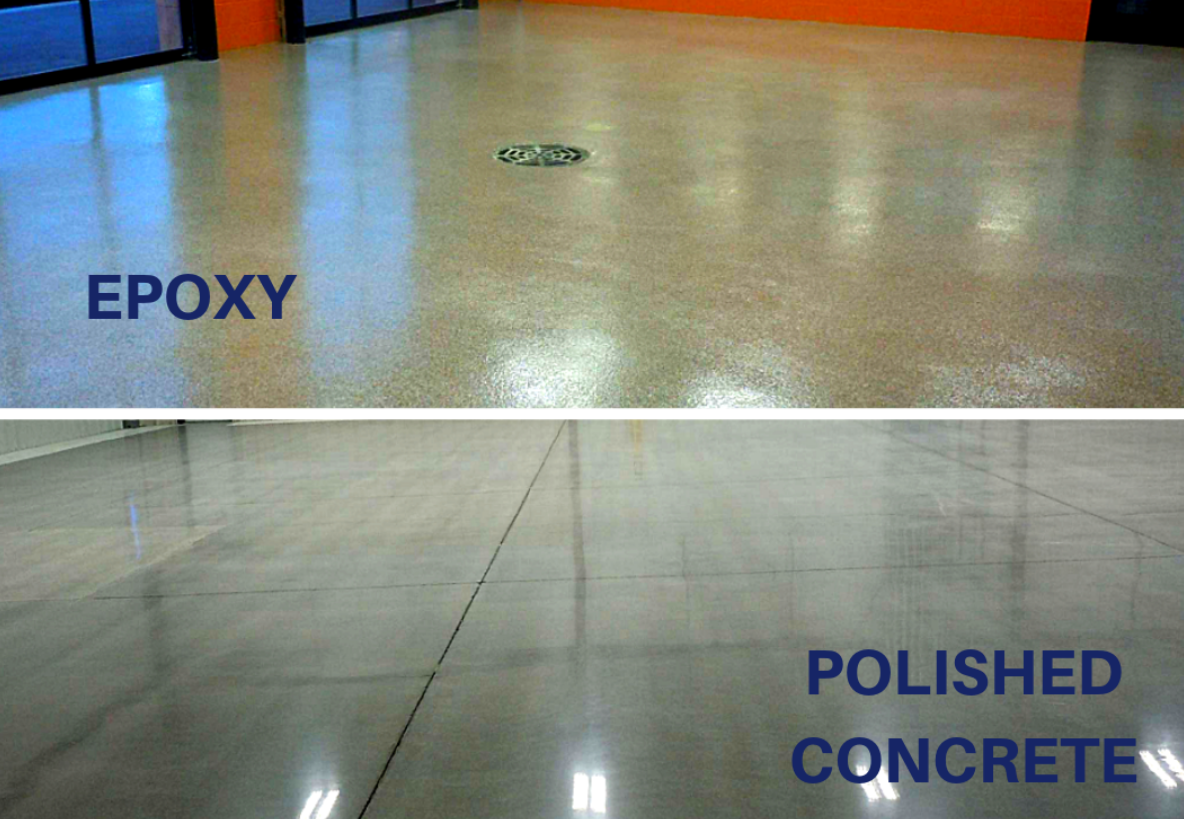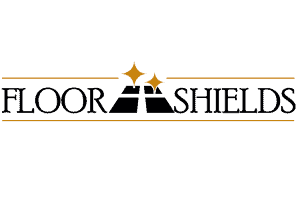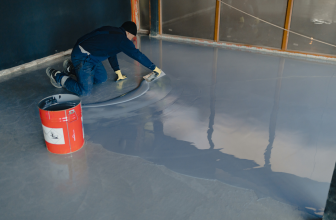
Epoxy Floor Coating vs Polished Concrete! When it comes to flooring, there are many options available. Two of the most popular choices for commercial and residential use are epoxy floor coating and polished concrete. Both offer a durable and attractive finish but have their own advantages and disadvantages. In this article, we’ll discuss the differences between epoxy floor coating and polished concrete to help you decide which is right for your space.
Table of Contents
Introduction: Epoxy Floor Coating vs Polished Concrete
Epoxy floor coating and polished concrete are two popular options for residential and commercial spaces. Each of these flooring choices offers unique advantages and aesthetic qualities, so understanding their differences can help you make the best decision for your space.
Epoxy floor coatings provide a glossy, easy-to-clean surface that is resistant to stains and damage from moisture, chemicals, and wear. They are available in a variety of colors and textures, so you can customize your look and create an eye-catching design element in any room or hallway. Polished concrete offers a more natural finish that is durable yet soft underfoot. It’s also low maintenance—simply sweep it periodically to remove dust buildup—and requires minimal sealing over time to maintain its luster.
Advantages of Epoxy Floor Coating
Epoxy floor coating is an increasingly popular alternative to traditional polished concrete. It offers a range of advantages that make it an attractive choice for both residential and commercial applications.
One key advantage of epoxy floor coating is its durability. The material is highly resistant to scratches, chips, and stains, making it an ideal option for high-traffic areas or industrial spaces such as warehouses, factories, and garages. Epoxy floors also require very little maintenance—simply wipe them down periodically with a damp cloth and mild detergent. They can also be waxed or buffed to help preserve their glossy finish.
Another major benefit of epoxy floor coatings is their aesthetic appeal. The glossy finish will instantly elevate the look of any space by creating a modern, sleek effect that cannot be achieved with other materials like polished concrete.
Disadvantages of Epoxy Floor Coating
Epoxy floor coating is generally praised for its durability and low maintenance, but there are some cons to consider. One of the major drawbacks of epoxy floor coating is that it can be more expensive than polished concrete. The cost of epoxy varies widely and is heavily influenced by the size of the area being coated and the complexity of the installation process. Additionally, because epoxy requires a high level of expertise for a successful installation, labor costs may be higher when compared to other flooring options.
Another issue with epoxy floors is that they are not impervious to damage from harsh chemicals or extreme temperatures. If not properly cared for, an epoxy floor can become discolored or cracked over time due to chemical exposure or temperature changes. Furthermore, repairs on an epoxy floor can be difficult and costly if done improperly.
Advantages of Polished Concrete
Polished concrete offers a number of advantages when compared to epoxy floor coatings. The most significant advantage is that it does not require any chemicals or additional coatings to be applied and maintained for protection since the polished concrete’s surface is naturally resistant to spills and staining. Additionally, polished concrete requires much less maintenance than epoxy floor coatings because of its durability and its resistance to scratches, scuffs, and other wear and tear. Moreover, its reflective quality allows it to easily disguise dust particles which helps keep your facility looking clean longer.
Polished concrete also has tremendous aesthetic appeal due to its customizable color options and texture choices that can create an attractive look while creating a strong sense of continuity throughout the space.
Disadvantages of Polished Concrete
Polished concrete can be an attractive and economical flooring solution, but it does have its disadvantages. Firstly, polished concrete is not as resilient or durable as an epoxy floor coating. For instance, since it is a cement-based product, polished concrete may crack due to temperature changes or heavy loads placed on the surface. It also requires regular maintenance and resealing every few years in order to keep up its glossy appearance.
In addition, compared to epoxy floor coatings, a polished concrete floor may take longer to install and costs more in terms of labor and materials such as grinding tools and diamond polishing pads. Lastly, while the color of epoxy floors can easily be changed by adding pigment during installation, colored polish for concrete must be added during the mixing process which limits design flexibility if you want to change your color scheme later on down the line.
Cost Comparison
When it comes to epoxy floor coating vs polished concrete, the cost can be a major factor in choosing the best option. Generally speaking, epoxy floor coatings are more affordable than polishing concrete floors. Depending on the size and complexity of the project, an epoxy coating may only cost a fraction of what it would take to polish a concrete floor.
Epoxy coatings can also last up to 10 years with proper care and maintenance while polished concrete floors require more frequent upkeep due to their porous nature. This means that over time, an epoxy coating will likely be less expensive than continuing to polish and maintain a concrete floor. Furthermore, applying an epoxy layer is usually faster and simpler than polishing a concrete surface which can further reduce labor costs associated with either project.
Maintenance Comparison
When it comes to the long-term maintenance of epoxy floor coating and polished concrete, there are some clear differences between the two. Epoxy floor coatings require more frequent cleaning than polished concrete. This is due to their glossy finish that can easily attract dirt and debris. Most epoxy floors should be regularly swept, mopped, and waxed every few months in order to keep them looking their best.
On the other hand, polished concrete requires much less frequent maintenance thanks to its naturally stain-resistant properties. Regular sweeping, vacuuming, or mopping should suffice in most cases; however, a deep clean with a neutral pH cleaner may be necessary on occasion if the surface has been exposed to an unusual amount of dirt or stains.
Conclusion
In conclusion, epoxy floor coatings are a popular solution for many businesses because they provide a durable and high-quality finish. Polished concrete is another option that can provide a similar look for a fraction of the cost. However, polished concrete does not have the same durability or resistance to wear and tear as epoxy floor coatings. If you are considering investing in a new floor coating for your business, be sure to weigh all of your options before making a decision.

John Doe
Joseph Scaduto is an epoxy flooring and polished concrete industry veteran with over 10 years of experience. Joseph is the head of business development at Stardust Concrete Coatings and was the former general manager of Infinity Epoxy floors. Joseph is the lead editor for Floorshields where he enjoys sharing the information he's learned through installing thousands of concrete coatings.








